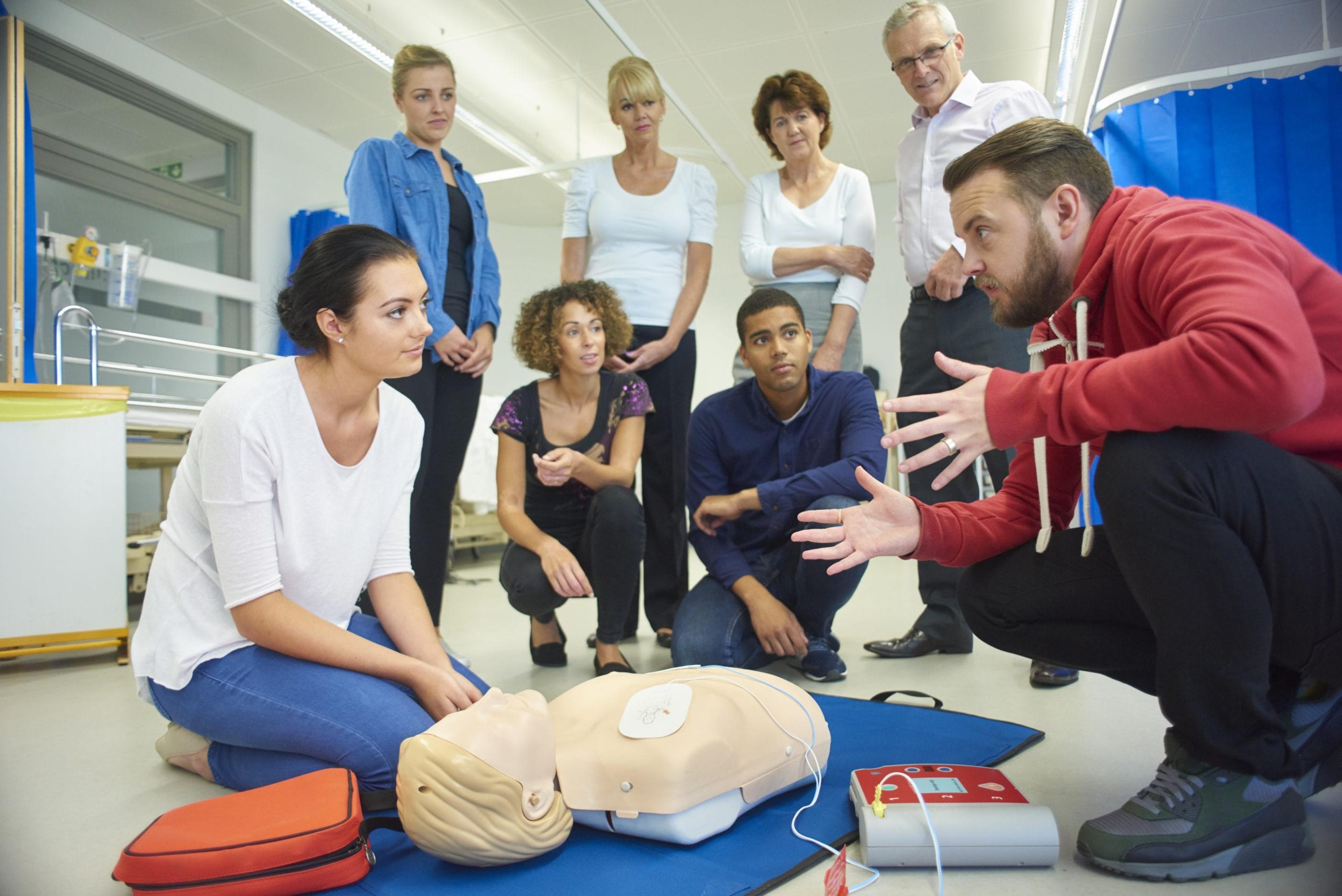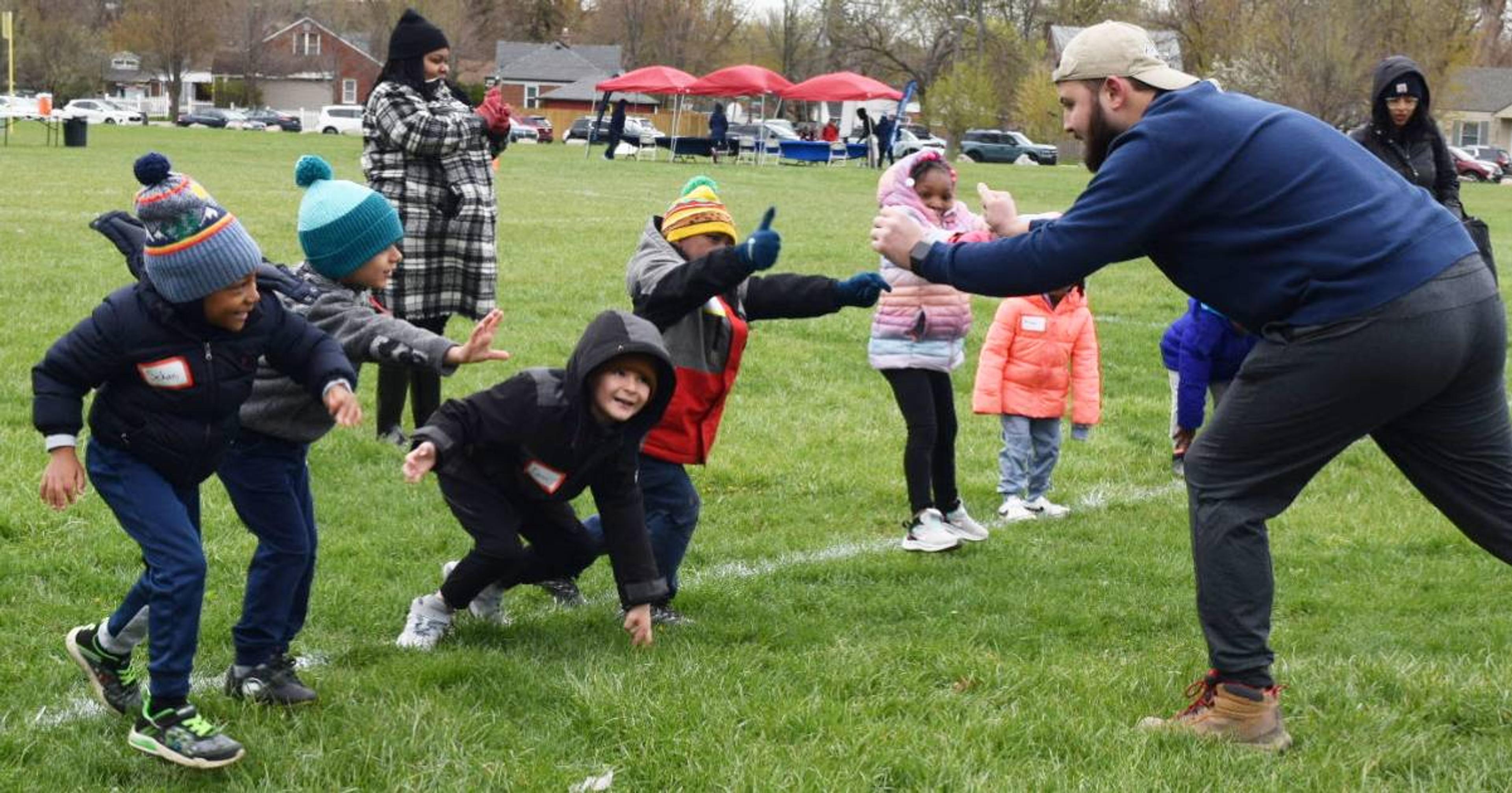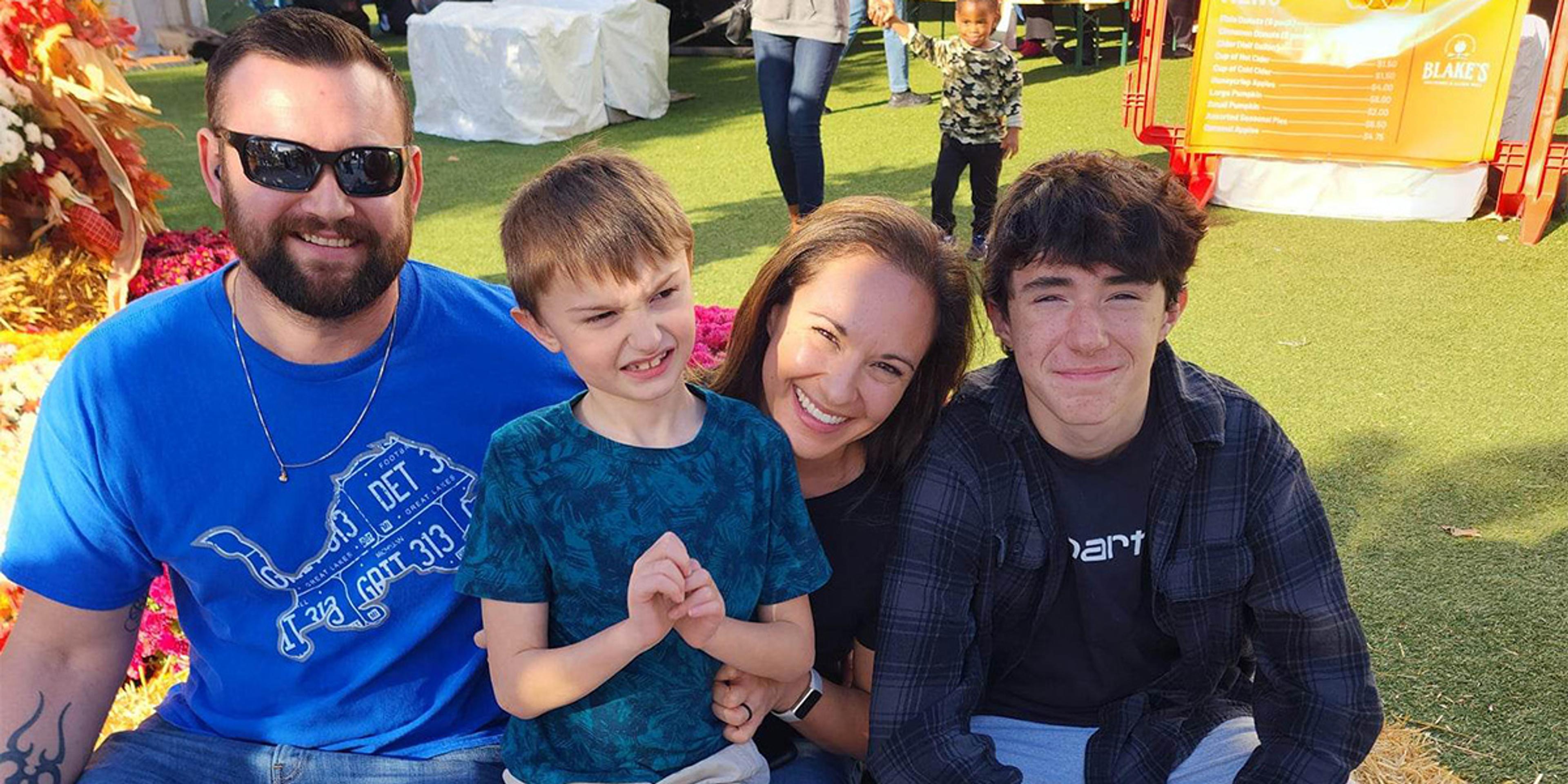
By 2018, 38 states plus Washington, D.C., had adopted legislation to incorporate CPR training in schools. Cardiopulmonary resuscitation is an emergency procedure that's been proven to save lives and is now an integral part of the curriculum as well as a high school graduation requirement. Michigan is one of many states to already embrace this mandatory course. The push for in-school training has been heavily advocated by the American Heart Association. For years, they’ve provided professional instruction for private and public institutions, including schools and businesses. The organization has also been actively promoting the power of hands-only CPR at events in an effort to equip as many people as possible to perform the life-saving act.
Why CPR matters:
- 475,000 Americans die from cardiac arrest each year
- Over 350,000 cardiac arrests occur outside of a medical facility
- More than a third of these events (39.5 percent) occur in a public setting
- Nearly 45 percent of cardiac arrest victims survive when a bystander administers CPR
- Only 46 percent of victims receive immediate help before an EMT arrives
If CPR wasn't a required subject when you were in school, Michigan has multiple state-approved CPR and First Aid providers. Through their programs, teachers and students alike can learn life-saving skills from verified instructors. Here is a list of trusted organizations that can help individuals meet their CPR requirement:
- American Heart Association
- American Red Cross
- American Safety and Health Institute
- Emergency Care and Safety Institute
- EMS Safety Services, Inc.
- National Safety Council (NSC) affiliate: Lansing Area Safety Council
- ProTrainings LLC
These programs demonstrate how to respond in a cardiac event or other medical emergency. Some examples include cuts, burns, sprains, neck and back injuries. The procedures are inclusive of both children and adults, who may find themselves in a life-threatening scenario. Aside from CPR, participants can also learn to operate an automated external defibrillator, commonly known as an AED. This medical device is used to resuscitate the heart with a sudden electrical current or shock. It’s a smaller, more convenient version of the machine typically found in hospital emergency rooms. Individuals who successfully complete CPR/First Aid/AED training will receive a certificate and wallet ID card. They’re valid for two years, although you can take a refresher course after one. To remain certified, it’s imperative to stay up-to date with trainings and undergo the renewal process. If you liked this blog, you may want to check out the following:
- CPR: A life-saving skill everyone should know
- Learn How to Handle a Medical Emergency Like a Pro
- American Heart Association’s Improving Michiganders’ Cardiovascular Health
Photo credit: sturti





